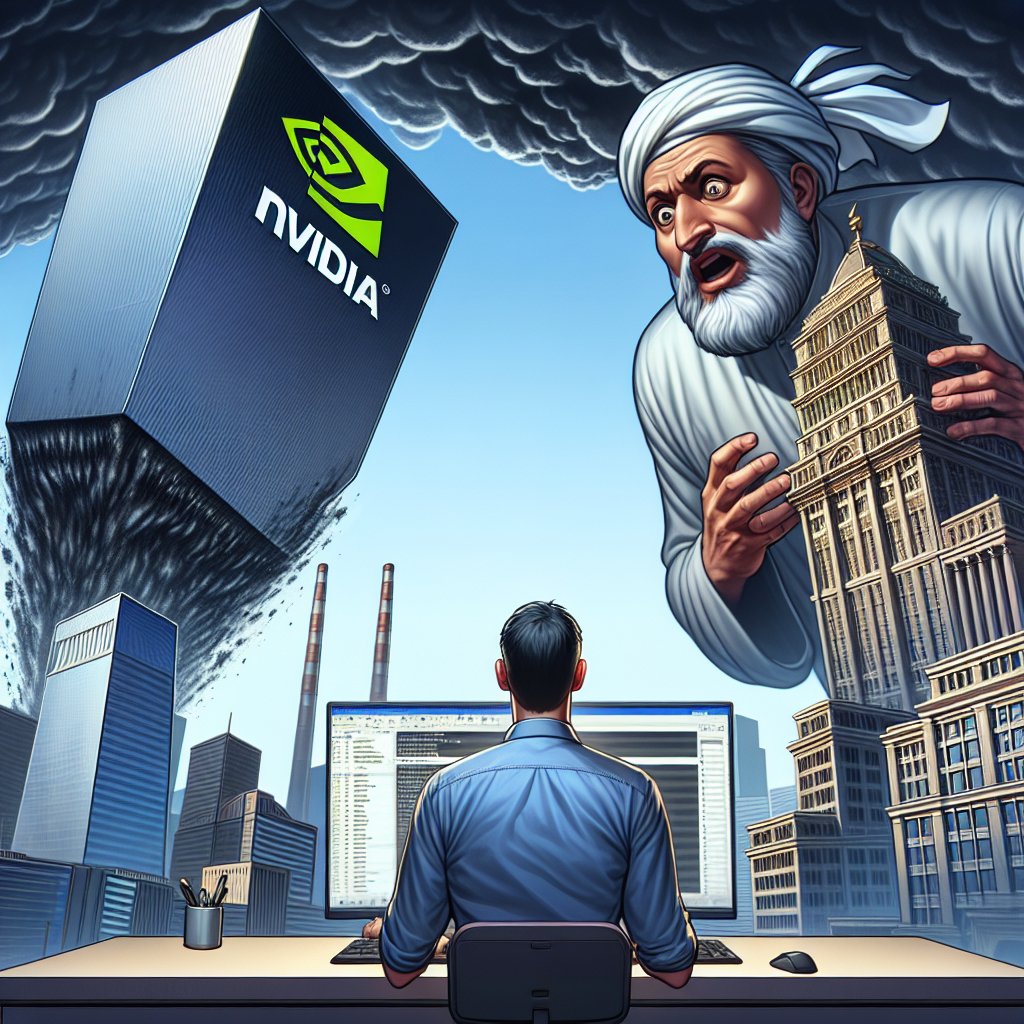Image: AI generated for illustration purposes
Nvidia Faces Lawsuit Over Engineer's Alleged Theft of Autonomous Driving Secrets
In a twist befitting a high-stakes corporate espionage thriller, graphics processing giant Nvidia Corp. finds itself at the center of a heated legal dispute involving allegations of stolen trade secrets in the fiercely competitive autonomous driving industry. The fallout centers around a moment of carelessness during a video conferencing call that could have profound implications for both companies involved.
The contentious moment unveiled itself when Mohammad Moniruzzaman, an engineer employed by Nvidia, inadvertently revealed a file containing sensitive robocar technology data on his screen – data that was allegedly misappropriated from his former employer, French automotive supplier Valeo SE. This revelation escalated when it was later discovered that Moniruzzaman had been previously convicted of infringing on business secrets in Germany.
Valeo's lawsuit, lodged on November 7 in a federal court in San Jose, California, stems from an incident during a virtual meeting between Nvidia and Valeo representatives – a meeting ironically arranged to discuss matters pertaining to ultrasonic hardware for a major automotive parts maker. Amidst discussions, the exposed source code owned by Valeo came into the unwelcome spotlight, unwittingly showcased by Moniruzzaman himself.
The retrieval of the files was no minor feat: the engineer is accused of having transferred tens of thousands of files and six gigabytes worth of Valeo’s confidential source code to his personal email account before his departure from the company. German authorities, following up on the case, uncovered additional evidence in Moniruzzaman's home that suggested the pilfered information had been actively used in his role at Nvidia.
Nvidia, recognized as the industry's first trillion-dollar semiconductor maker, began its venture into the autonomous driving sector in 2015. Despite its relative newness to the field, it has swiftly become potent in its influence. On the other side, Valeo, with a century's history to its name and significant investment in developing sophisticated driving-assistance systems, defends its position and the integrity of its hefty investments into innovation.
In a sector projected to burgeon to an astounding $400 billion by 2035, such incidents underscore the precarious balance between competition and the safeguarding of intellectual property. The magnitude of the lawsuit reverberates through the tech world, underscoring not only the extent individuals may go to secure a competitive edge but also the potential vulnerabilities companies face in protecting their proprietary technologies.
As Nvidia and Valeo lock horns in legal confrontation, the case is set to be a litmus test for the sanctity of intellectual property rights at the frontier of technological innovation. With both companies declining to comment on the ongoing litigation, the tech industry, legal professionals, and consumers alike must wait to see how this high-profile dispute will unfold within the complex legal framework presiding over trade secrets and intellectual competition.










